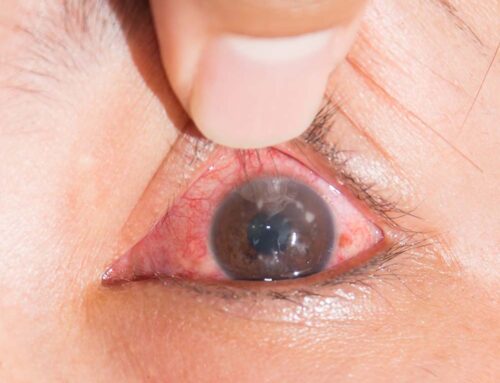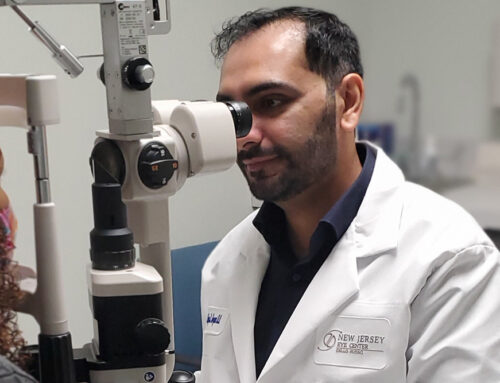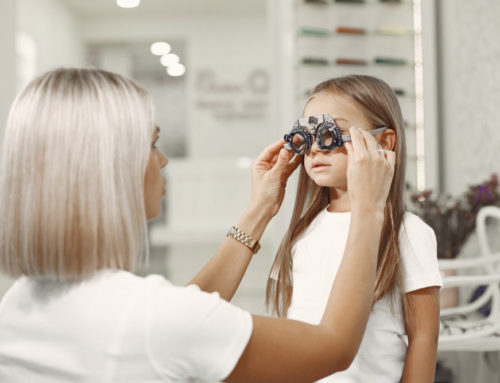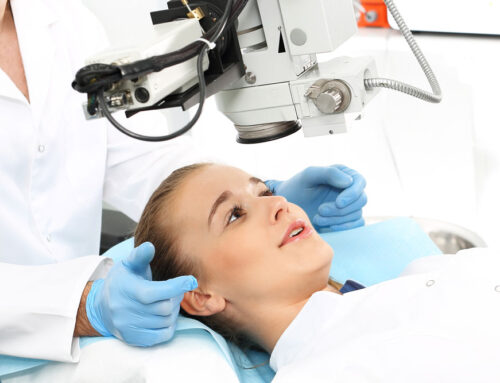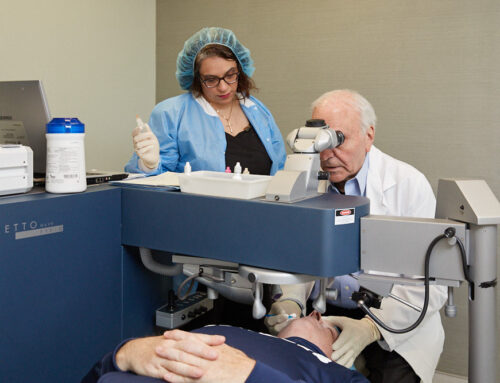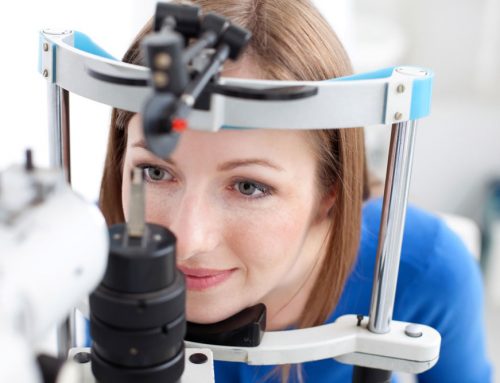Like many of us, you’d probably like to know how to prevent eye disease rather than having to treat it. Common eye diseases are widespread in the United States. Many of these diseases are often undetectable in their early stages, while some aren’t detectable until it’s too late.
This, however, doesn’t mean that we aren’t able to take preventative measures to stop these diseases from beginning in the first place. After all, we were only given one pair of eyes, so we must take proper care of them now and forever.
With that in mind, here are some ways in which you can prevent eye disease.
Check your risk factors
The risk of contracting an eye disease can increase due to a range of factors. Things such as age, gender, and genetics should all be considered when evaluating the chances of contracting an eye disease.
Being aware of these predisposing factors can dramatically increase your chances of early detection and thus prevent eye disease. Here are some questions you should ask yourself when consulting with your doctor.
- Do any of my family members have an eye disease?
- Has my eyesight gotten worse with age?
- Does my gender play a role in the contraction of a specific eye disease?
Reduce your tobacco intake
Smoking significantly increases your chances of contracting an eye disease. When you smoke, the cyanide from the cigarette enters your bloodstream through the alveoli of the lungs.
Additionally, the chemicals present in all cigarettes cause vasoconstriction. In other words, the blood supply to the eyes is drastically reduced.
The combination of vasoconstriction along with unhealthy cyanide levels can nearly quintuple your chances of contracting an eye disease. To prevent eye disease, many doctors will advise you to stop smoking altogether, rather than just reducing your intake.
Maintain a healthy weight
Being overweight can increase the chances of developing diabetes. If diabetes is present in your body, it can lead to many other health issues. These issues include eye diseases such as glaucoma and cataracts. In fact, there is a well-documented link between diabetes and eye diseases.
Eating healthily and participating in regular exercise can help to reduce the chances of an unhealthy weight gain, therefore, reducing the chances of diabetes. And by extension, help you prevent eye disease.
Take a break from the computer
Computers are such a crucial and unavoidable part of society today. According to the United Nations International Communications Department (UNICD), more than 3 billion people have access to the internet.
However, although computers are a powerful tool when it comes to productivity, they can be our downfall when it comes to preserving our eyesight.
Sitting in front of a computer for hours on end can subject your eyes to excessive strain. To prevent eye diseases such as computer vision syndrome, it is recommended that you take short breaks to both refocus and rehydrate your eyes.
Wear sunglasses to prevent eye disease
While being in the sun has many benefits for our skin, our hair and even our mood; it also has harmful UV rays that can cause several eye diseases, including blindness.
Therefore, always shield your eyes in particularly bright climates and environments by using UV blocking shades that can block 100 percent of the sun’s rays.
If you are an outdoorsy kind of person, then it is strongly recommended that you wear a pair of sunglasses whenever you’re outside. Since you’ll be exposed to the sun for extended periods of time, more than those who don’t venture out as much, sunglasses and an essential tool for you to prevent eye disease.
Wear protective goggles when needed
Protective eyewear can be a lifesaver when the time is right. No matter the case, whether it’s fireworks, wielding, or biking; safety measures should be strongly enforced and adhered to when your eyes are liable to physical damage.
The amount of time it takes for an external accident to happen compared to internal eye disease is much shorter. Things can go wrong in an instant if you’re not protected. For this reason, you should wear thickly reinforced googles to shelter your eyes and prevent eye damage.
Proper contact lens care
Contact lenses are very different from glasses in the sense that they make direct contact with your eyes. Taking proper care of your contact lenses can prevent the spread of bacteria in your eyes. As well as reduce dryness, inflammation, and potential vision loss.
If you wear lenses, be sure to follow your ophthalmologist’s instructions and keep up-to-date with your regular eye examinations. Doing so means that you can make sure your contacts, and your prescription, are as they should be.
Eat a nutrient rich diet
Yes, there are plenty of supplements available for your required intake of vitamins, but eating your vitamins play a significant part in preventing eye disease.
Our eyes are made up of countless cells and tissues which need to be nourished in the same way that other parts of your body do.
To help prevent eye disease, you should eat a diet that offers a full range of essential vitamins and minerals.
The following vitamins are particularly important when it comes to eye health. The list below also contains some of the foods which offer each vitamin and mineral in abundance.
- Vitamin E – Salmon, leafy greens, avocado.
- Vitamin A – Pumpkins, carrots, yam, anything with a natural, bright orange color.
- Vitamin C – Citrus fruits, kale, bell peppers, broccoli.
- Riboflavin – Oats, milk, yogurt.
Schedule regular appointments with your eye doctor to prevent eye disease
Most importantly of all, always schedule regular eye exams with your doctor. Appointments should be scheduled every 2 years. But if you have a family history of eye disease, your eye specialist may recommend annual check-ups instead.
Comprehensive eye exams can detect many diseases in your eyes while being quick, affordable, and reliable. If you feel like something is wrong with your eyesight, it doesn’t hurt to contact your doctor to inform them about the symptoms you are experiencing.
You’ll end up doing your eyes a huge favor in the long-run. Remember that the damage caused by most eye diseases is irreversible, so the earlier you can detect them the better.
If you have further questions about how to prevent eye disease, and/or would like to get your eyes checked, please come in and see one of our doctors at The New Jersey Eye Center in Bergenfield, NJ.



